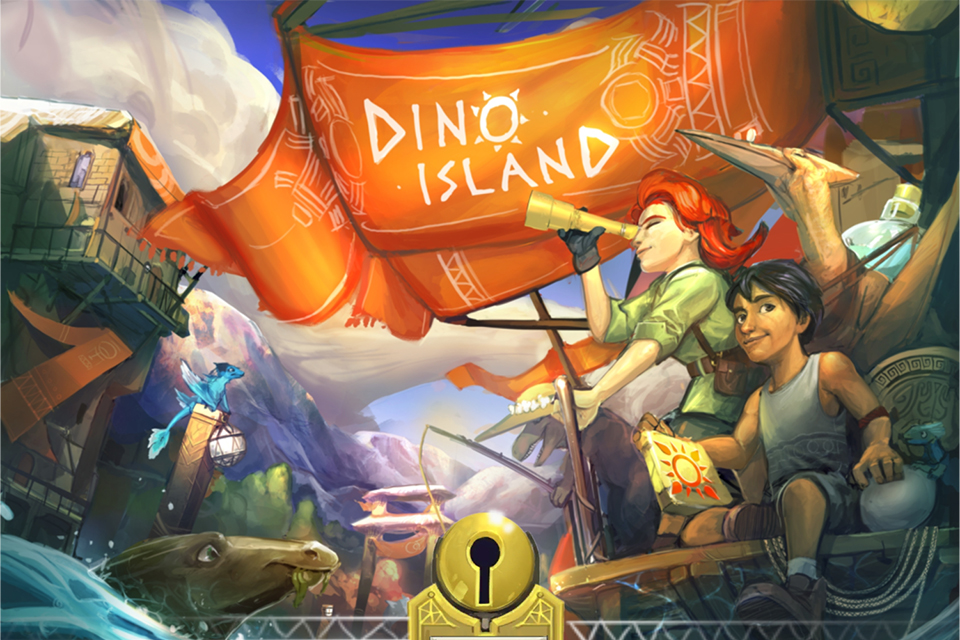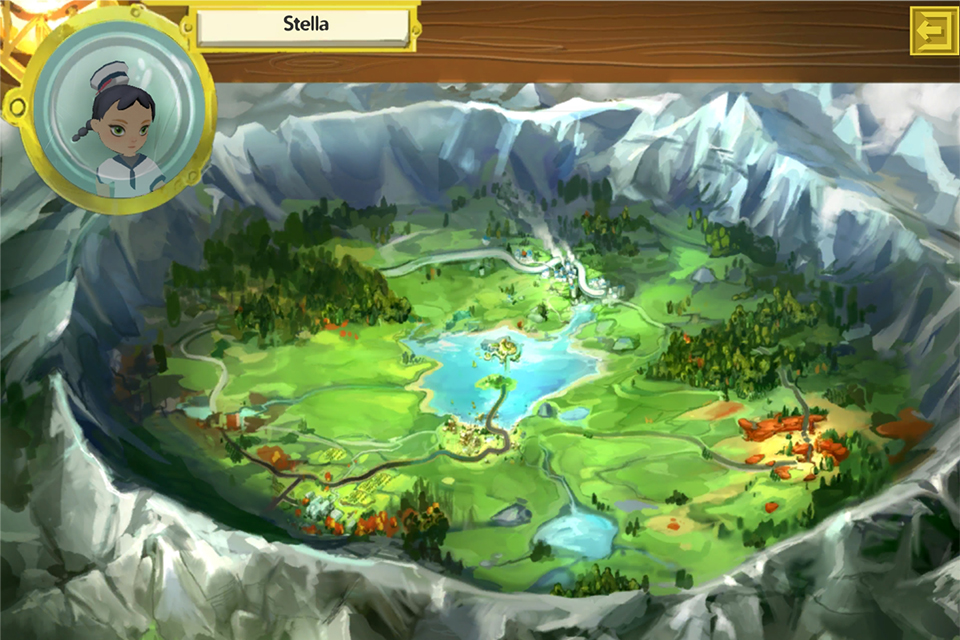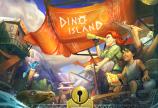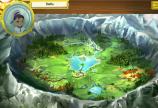Fun for kids: Dino Island improves memory and brain function
- Anne MacLaurin

Dino Island is a product of decades of leading-edge research at the University of Victoria.
The research project, led by UVic psychologist Sarah Macoun and her graduate students, uses a novel therapeutic video game to improve attention, working memory and executive function in children with disabilities. The project is funded by the Kids Brain Health Network and is based on work begun by Catherine Mateer and Kimberly Kerns, professor emeriti of UVic’s psychology department who looked at how to use the brain’s plasticity to improve cognition.
In mid March, media picked up details on the project, including a Global TV newscast in which Macoun highlighted the positive impacts of the Dino Island video game on children with autism.
The video game is a treatment program that kids will stick with long enough to make it effective and doesn’t require a clinical expert to deliver it.
— UVic psychologist Sarah Macoun
Alongside local coverage, a Times Colonist story described the project as “five ‘serious’ video games—those that are designed for therapeutic results and not just pleasure or entertainment—that adjust themselves to the player’s success or failure in order to keep them motivated and challenged.”
The creators of Dino Island hope their new tool will help improve cognitive rehabilitation in children with neurodevelopmental disabilities.

Macoun leads a team of partners that emerged from Surrey’s Health and Technology District, including The Uncomplicated Family (TUF) in Calgary; HealthTech Connex’s Centre for Neurological Studies and the NeuroCatch Platform in Surrey; the Child Development Foundation of BC, also in Surrey; and Woodview Autism and Mental Health Services in Ontario.
The video game is affordable, accessible and feasible for delivery within community settings.
Families who want to take part in the video game study can register here.


